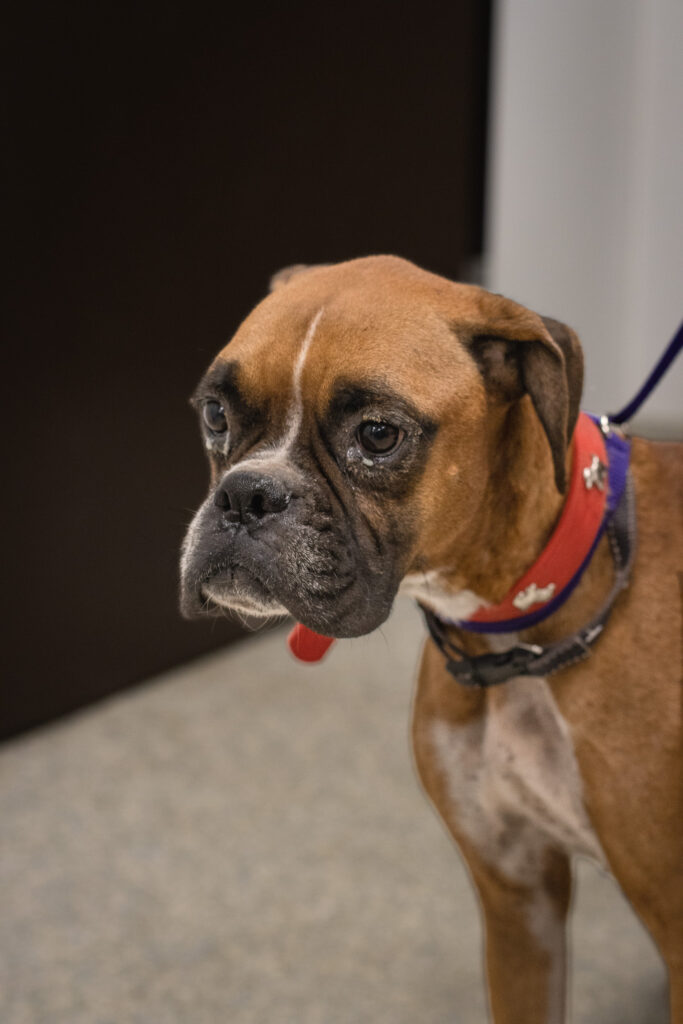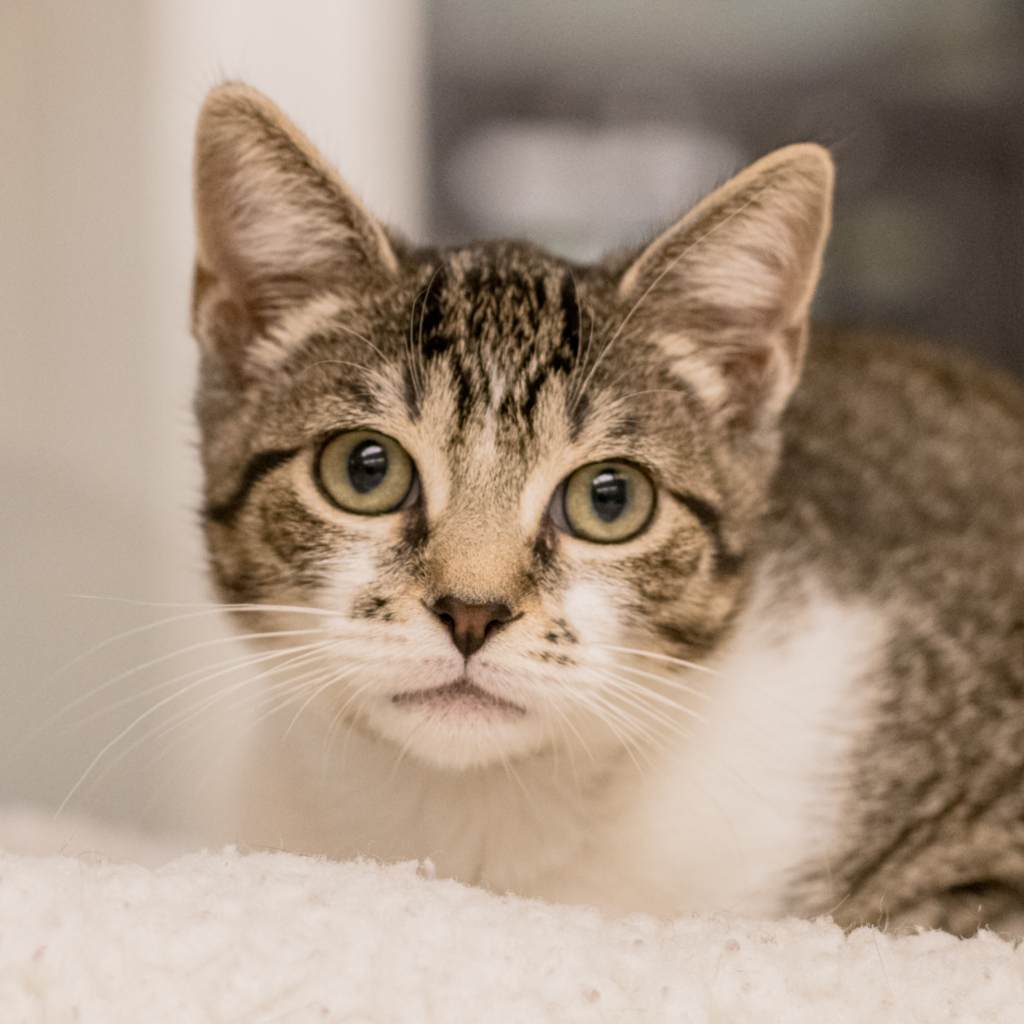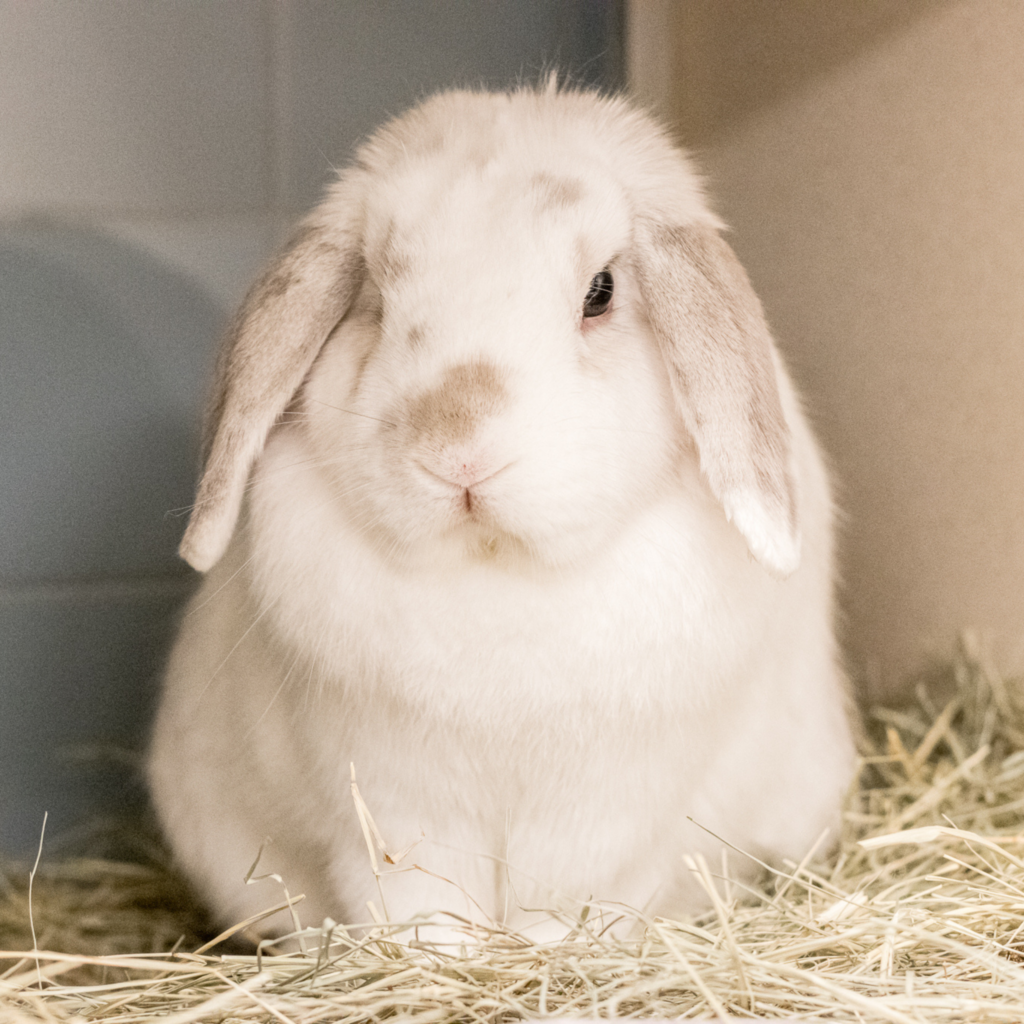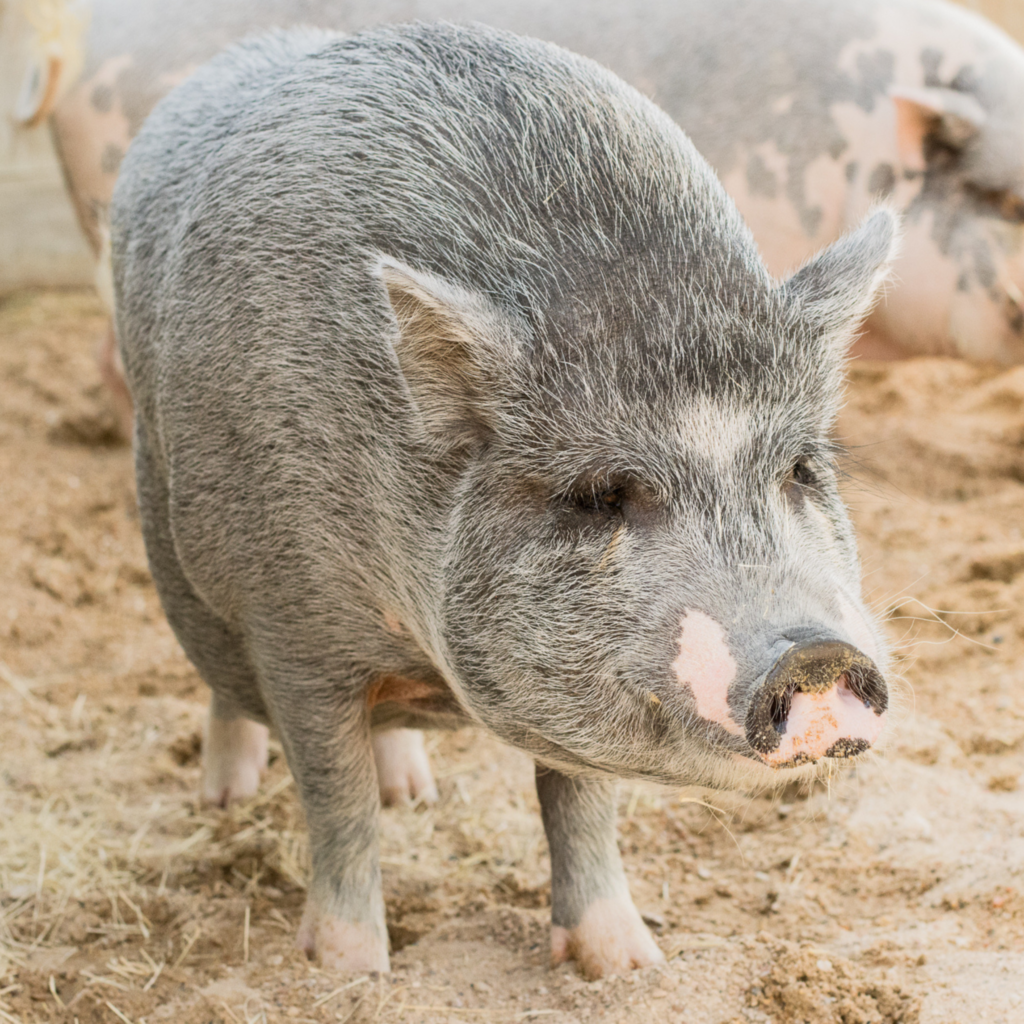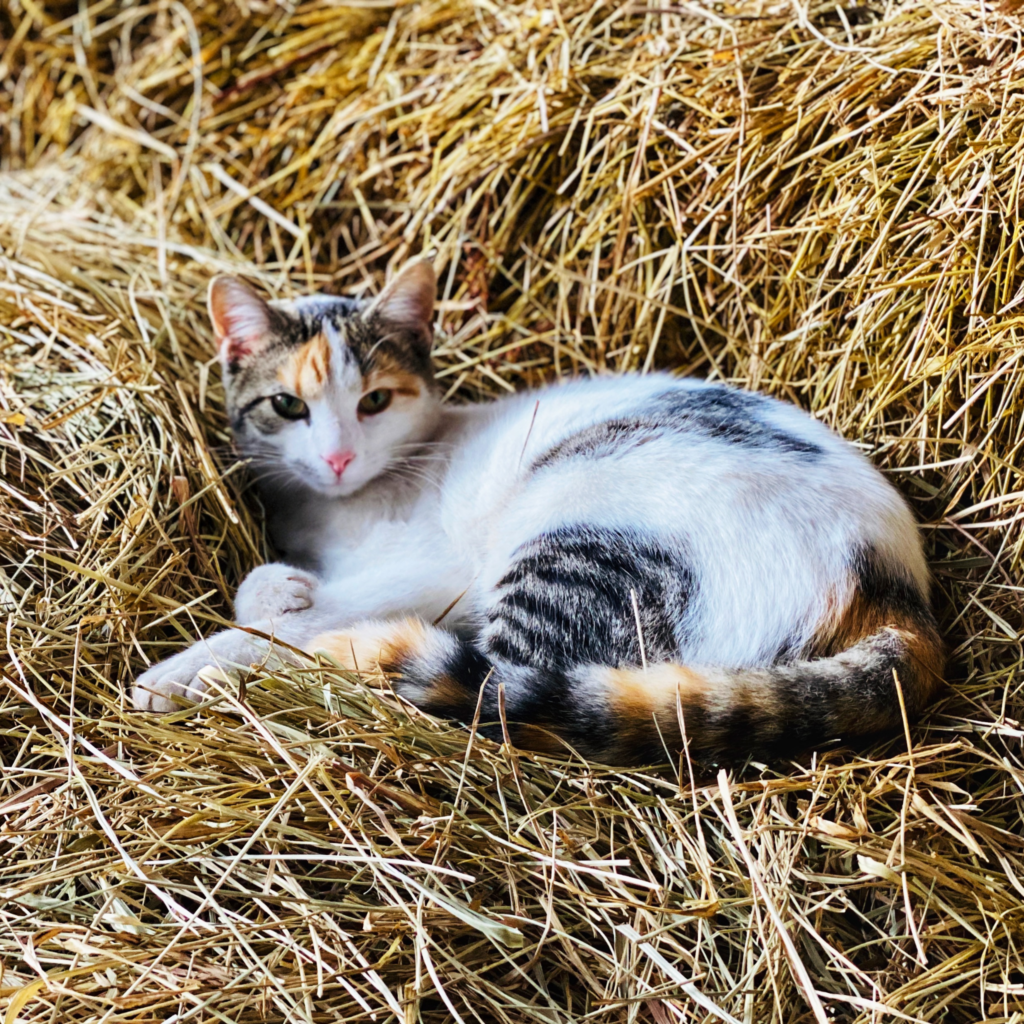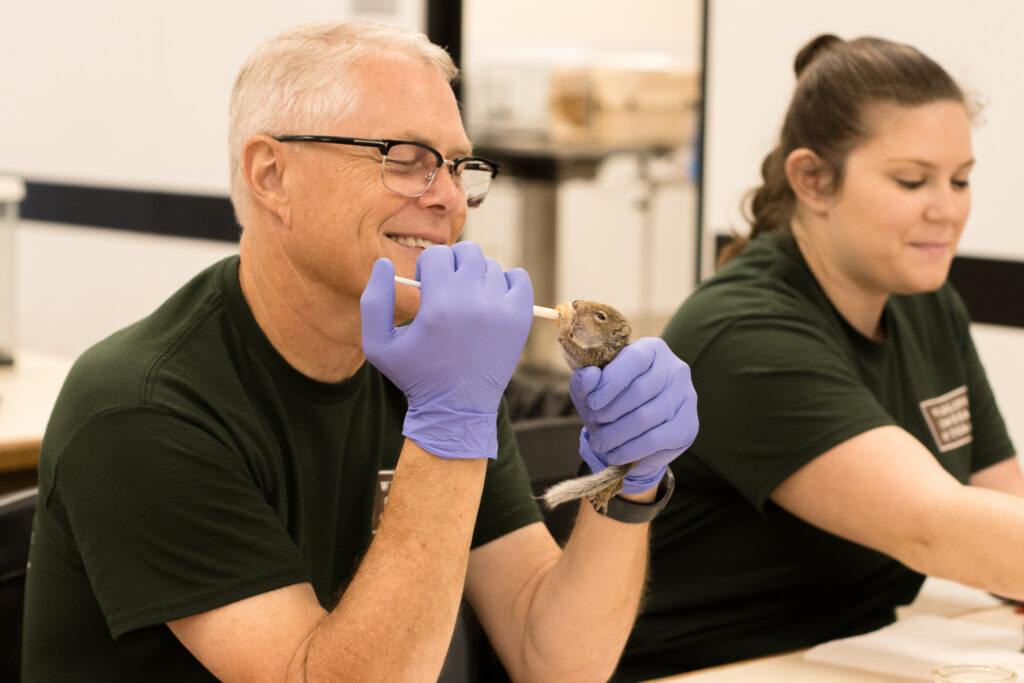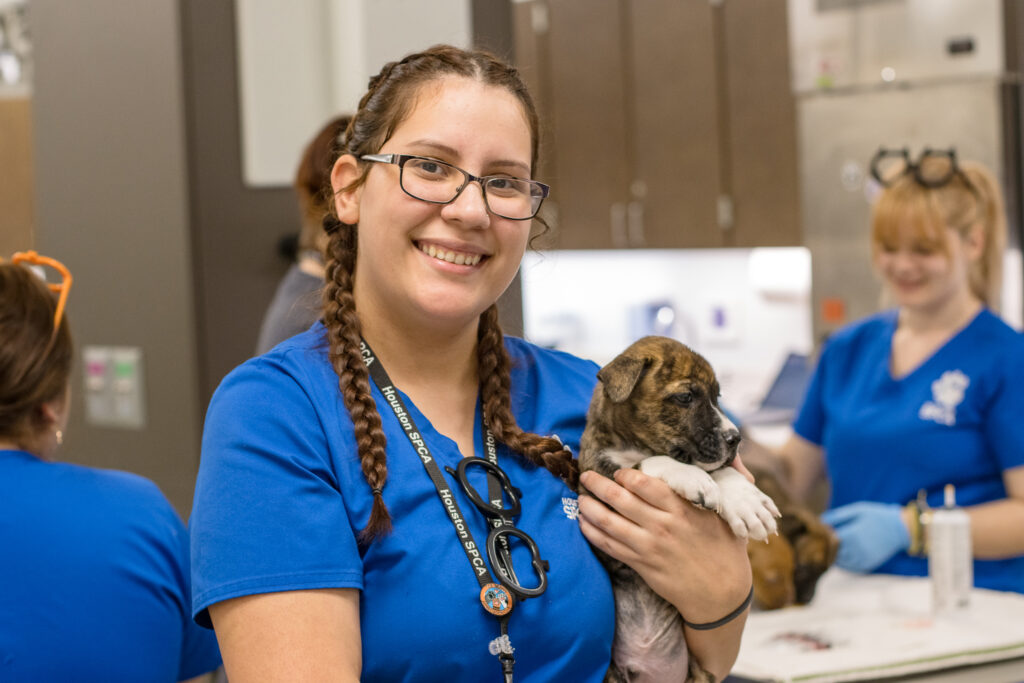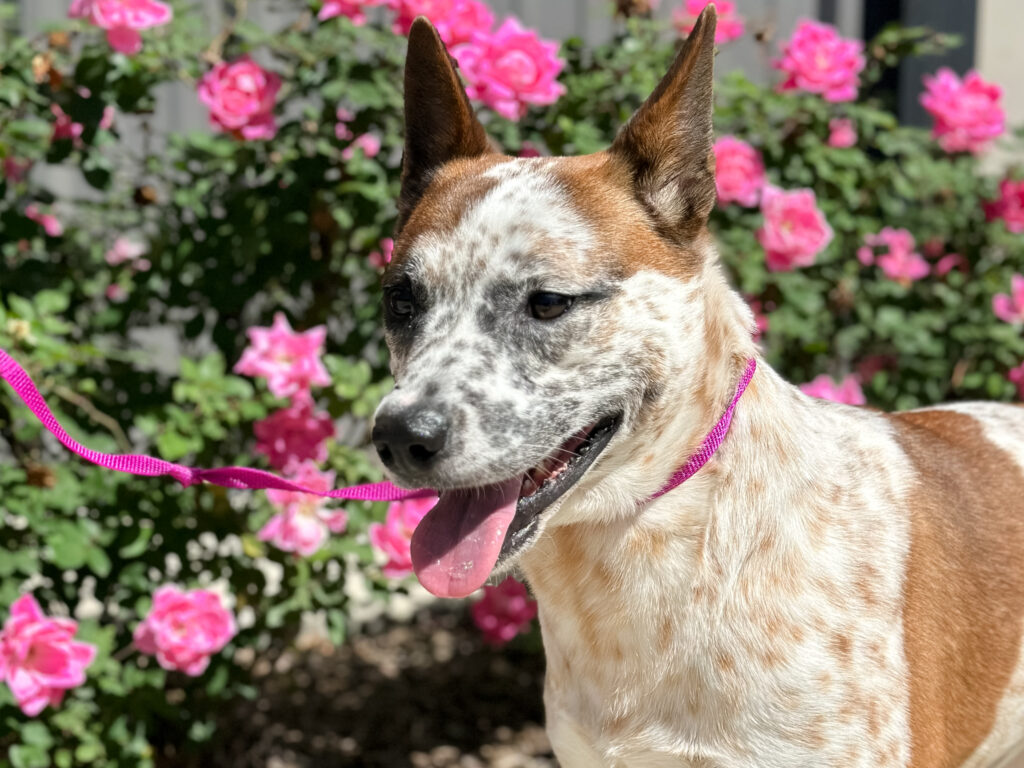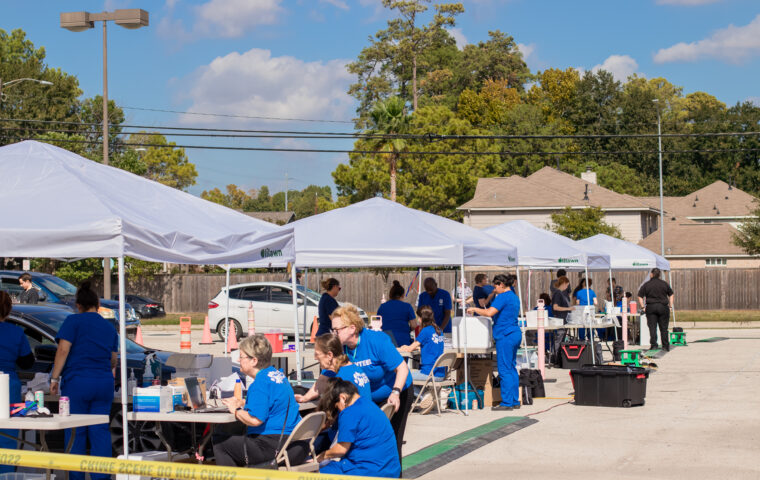(April 10, 2023)
It’s that time of year in Houston…allergy season! If you suffer from seasonal allergies, grass and pollen can be your own personal nightmare. If you’re popping antihistamines, you might be wondering how your pet is faring.
The first step is to visit your family veterinarian. They can help you determine if your pet has any allergies and their cause. Common types of allergies in pets include:
- Environmental allergies such as grass and pollen
- Food allergies such as an ingredient in their food
- Flea allergies
How do allergies differ in pets vs. people?
Sneezing and sniffling are classic allergy symptoms for us, but pets often display allergies in other ways. It’s most common for allergies to present as skin problems in our pets.
Some signs your pet might be suffering from allergies include:
- Excessive licking of the paws. If your pet has a white coat, you’ll sometimes see their paws turn a bronze color in response.
- Frequent scratching
- Ear infections
- Digestive distress such as vomiting or diarrhea
Your family veterinarian may have your pet do a diet trial for 12 weeks to rule out food allergies. These can also present on the skin, so it’s important to figure out if your pet’s food could be the culprit. It can take up to three months to see true results.
If after the trial you don’t see improvement, your veterinarian will likely move forward with treating environmental allergies. If your cat spends time both indoors and outdoors and diet changes haven’t resolved the problem, it’s possible they are suffering from mosquito allergies, much like a flea allergy. This causes red, irritated, crusty skin around the nose and ears.
Your veterinarian may also prescribe medication in a tablet or injection form to keep severe allergies under control.
Is sneezing a sign of allergies?
The occasional sneeze from your pet is totally normal! However, if you notice an increase in the frequency or severity, take a look at any new substances in your pet’s environment for clues on what might be causing the irritation.
Pets can be sensitive to changes in detergents and other scents. Did you recently wash their bed? Is there a new home fragrance you’ve started using?
If you can’t pinpoint anything that might be causing lots of sneezing, take a trip to your family veterinarian for further investigation.
What are hot spots?
Hot spots, also known as pyotraumatic dermatitis or acute moist dermatitis, are small areas on your pet’s skin that are moist, red, and swollen and can be the result of allergies, although there are some other causes like parasites or infection.
Hot spots are very itchy and uncomfortable, so be sure to check with your veterinarian for the next steps. Sometimes an Elizabethan collar can prevent your pet from causing further irritation and hot spots can be easily treated with some antibiotics.
When should my pet see a dermatologist?
If your pet’s symptoms aren’t resolving with foundational medications from your family veterinarian or are recurring often, you may be referred to a veterinary dermatologist.
Veterinary dermatologists will investigate further with testing such as intradermal skin tests to pinpoint what your pet is allergic to. Pollens, grasses, and your other pets’ dander can all be the culprit, and a veterinary dermatologist can help nail down which one it is.
At-Home Treatments
For mild allergies, hypoallergenic paw wipes, oatmeal shampoos, and supplements can all be implemented to help manage allergies at home.
Paw wipes after being outdoors can prevent skin irritation. Oatmeal baths are beneficial for skin irritation as well. Fish oil supplements are also great diet additions!
Grooming can also help with skin irritation and allergies. Keeping a clean coat can remove irritating allergens, especially if they’re rolling around a lot outdoors. Body wipes can also help in between baths.
Just like we do, our pets can easily suffer from sniffles and sneezes! If you know what the signs are and what triggers to look for, you can ensure your pet a comfortable allergy season and beyond.
Keep up with the latest Houston SPCA news on Tracks & Tails.



